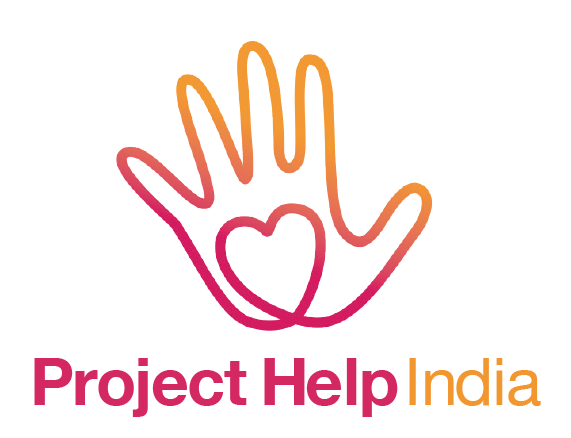In our most recent blog we spoke about the two-fold nature of our work. At Project Help India our work balances between meeting the urgent and immediate needs of people, and also advocating and working against the systemic injustices that both oppress and reinforce their status and place in society. We believe that through this approach generational change and long-term community transformation is made possible.
Child Marriage and Guana
One of the most complex and challenging issues that we are responding to is the arranged marriages of young people, especially girls and women. In some of the communities where we work, child marriage is a common practice. Girls are married as children and then at age 18, the marriage is consummated and they must move into their in-law's house. This is in keeping with the traditional North Indian Gauna ritual ceremony. In previous generations Guana was common any time after a girl’s menarche, but it is now illegal in India prior to age 18.
As we work alongside these people it is not as simple as saying that there is a better way. Our approach provides a careful balance of building long term trust and respectful relationships, school attendance coupled with academic success, providing parent and family education programs, and also counselling. Our leaders and teachers who live in these communities are key to understanding and navigating the many personal and cultural sensitivities.
Don’t be quick to judge
Empathy and compassion are key to understanding the depth of complexity underlying childhood marriage. As with most of the social issues that we respond to, we see that poverty is cruel and is exacerbated by a vicious cycle of illiteracy, a lack of awareness, limited opportunities and often desperation. Due to poverty and the social context and structures of village life, a child’s marriage provides a way for parents to ensure their daughter’s future success and safety.
Shmitra’s Story
Shmitra* is 17 years old and currently studying at one of our Education Centres. She belongs to a local tribe and lives in the mountain foothills. Shmitra joined our centre 4 years ago and is currently learning at a Grade 4 level. Before attending classes, she was not allowed to attend school at all. As per tribal rules girls are not allowed to go outside of their communities unless they are supervised by a male. When the Project Help Centre began, Shmitra’s parents (along with many other parents) agreed that their daughters could now attend school as the centre is within the boundaries of the community.
Shmitra was married when she was a child. When she turns 18, she will move to her in-laws for the Gauna ritual ceremony. After this, Shmitra must stop attending school and will be limited to completing household chores and taking care of her family. Due to their strict traditional beliefs the men must work in the field to earn income and women are responsible for the household chores. Education is not a priority for anyone.
Neema’s Story
Neema* is also 17 years old and a student at one of our Village Centres, and she too was married as a child. Before attending classes Neema was unable to read or write, she could not write her name. Neema is very determined. Since she began her education, she is reading and writing both in English and Hindi. Through her education Neema has expressed that she does not want to live under societal norms but rather in her own words, she wants to;
“create my own identity.”
Naeema has asked Project Help India for us to start sewing classes as an extra-curricular activity so she can earn some money.
Finding their voice
Currently there are three teenage girls whose families we are working with, as well as a number of younger children whose lives have been planned according to this tribal practice.
Attending school has given the girls hope to be educated and feel confident. Both Neema and Shmitra have asked Project Help India to encourage their family to support their dreams. Both want to continue studying after the Guana ceremony. We are by conducting meetings with the families to understand the importance of education. Neema has also asked us to speak to her parents about supporting her ambitions of starting a small business. Project Help India is also helping the families by providing them with necessities such as sanitary pads, some financial support, rations and clothes, as well as the education and the daily healthy meals received each day at school.
* names have been changed

